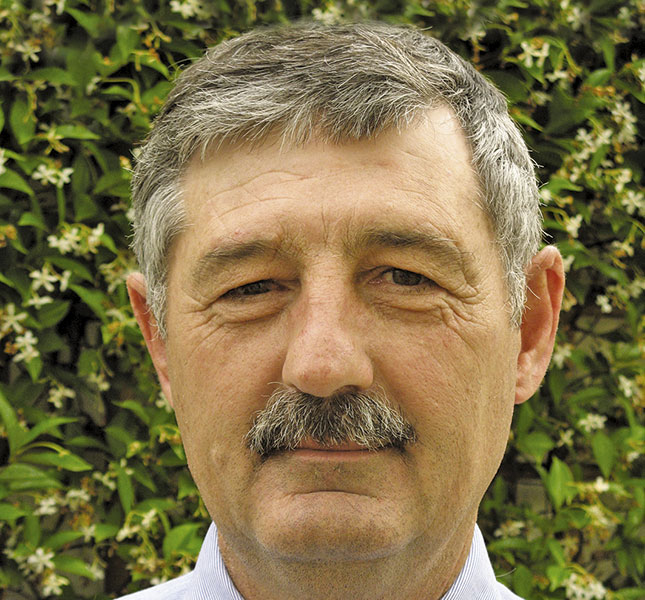
Photo: Courtesy of NWGA
What has changed in recent years, since the establishment of the Predation Management Forum (PMF)?
The forum, which was formed some years ago, has become the mouthpiece of the livestock farming industry. The organisations involved in the forum are the National Wool Growers’ Association (NWGA), the Red Meat Producers’ Association (RPO), the South African Mohair Growers’ Association (Samga), and Wildlife Ranching South Africa (WRSA). They have undertaken to tackle the challenges of the predator problem in a united effort. Most of us already have codes of best practice in place, some of which are internationally recognised. Our focus is to influence the circumstances under which producers have to earn their livelihoods.
READ:The many advantages of pigs
Can you give more details of PMF’s plans for the future?
Our vision is to facilitate an environment characterised by sensible, production-friendly legislation, and consumers who are well-informed about modern farming. We’d also like to see a co-ordinated predation management support services body, partly funded by government, that oversees execution of strategies and sustains an institutional memory. The PMF plans to improve its communication through an up-to-date website. The emphasis is on the fact that farmers and ranchers have a responsibility to protect their animals against predators just as they protect them against diseases and bad weather.
What about environmental considerations?
We’re developing a framework for how livestock can be protected in an environmentally and economically sustainable way with the help of ecologist Dr Gerhard Verdoorn. Our message is that farmers and ranchers are as concerned about conserving biodiversity on their farms as any non-farming group is. It’s important for us too, to keep nature in balance as far as possible.
But small-stock farmers are losing millions of rand a year as a result of direct damage caused by predators, and much more when indirect losses are added. Consumers should realise that farms are factories that produce food and the animals on them have the right to be protected in the same way that pressure groups insist that carnivores, such as the black-backed jackal and caracal, have a right to protection.
It’s our policy to work with any group (not individuals) prepared to see the problem in a sensible, balanced way, taking into account the views of others. We will not co-operate with any group that tries to instigate boycott actions against producers.
What is the role of state departments?
The authorities have the responsibility to listen to all arguments and then base decisions and policy on scientific data. We must help them obtain that information and for this, we need sustained financial support from the Department of Agriculture, Forestry and Fisheries, the Department of Environmental Affairs, and any private organisation.
Research is essential. Projects costing about R1 million have already been evaluated by Red Meat Research and Development SA, and approved by the PMF. They include a scientific assessment of predation and a study of jackal ecology, to be carried out by Prof Graham Kerley of the Centre for African Ecology, Nelson Mandela Metropolitan University.
Also on the list of projects are a survey of farmers’ experiences with livestock guarding animals, a study on the financial and biological impact of predators on farms in the central Karoo, and a study of how forensic science can be used to determine predation statistics in livestock.
What is the lasting solution?
This is no single easy answer. Every situation must be evaluated so that the best management techniques can be chosen from a ‘toolbox’ (which definitely excludes poison). Farmers realise that predation management is a specialised field, so they value the training given by Niel Viljoen under the auspices of the NWGA. To date, he has conducted 157 courses attended by 5 292 farmers, including communal farmers and farm workers.
The NWGA is monitoring 25 farms nationally. Statistics show that stock losses can escalate as much as 25% when there is no predation management. But with the right approach, losses can be reduced to less than 4% under extensive farming conditions and even more in intensive farming areas. But producers have to accept responsibility – without their direct involvement there will be no progress.
While we regard the predation problem as a national disaster, there is hope, provided role players work together.
Email Harry Prinsloo at [email protected]
This article was originally published in the 14 March 2014 issue of Farmer’s Weekly.













